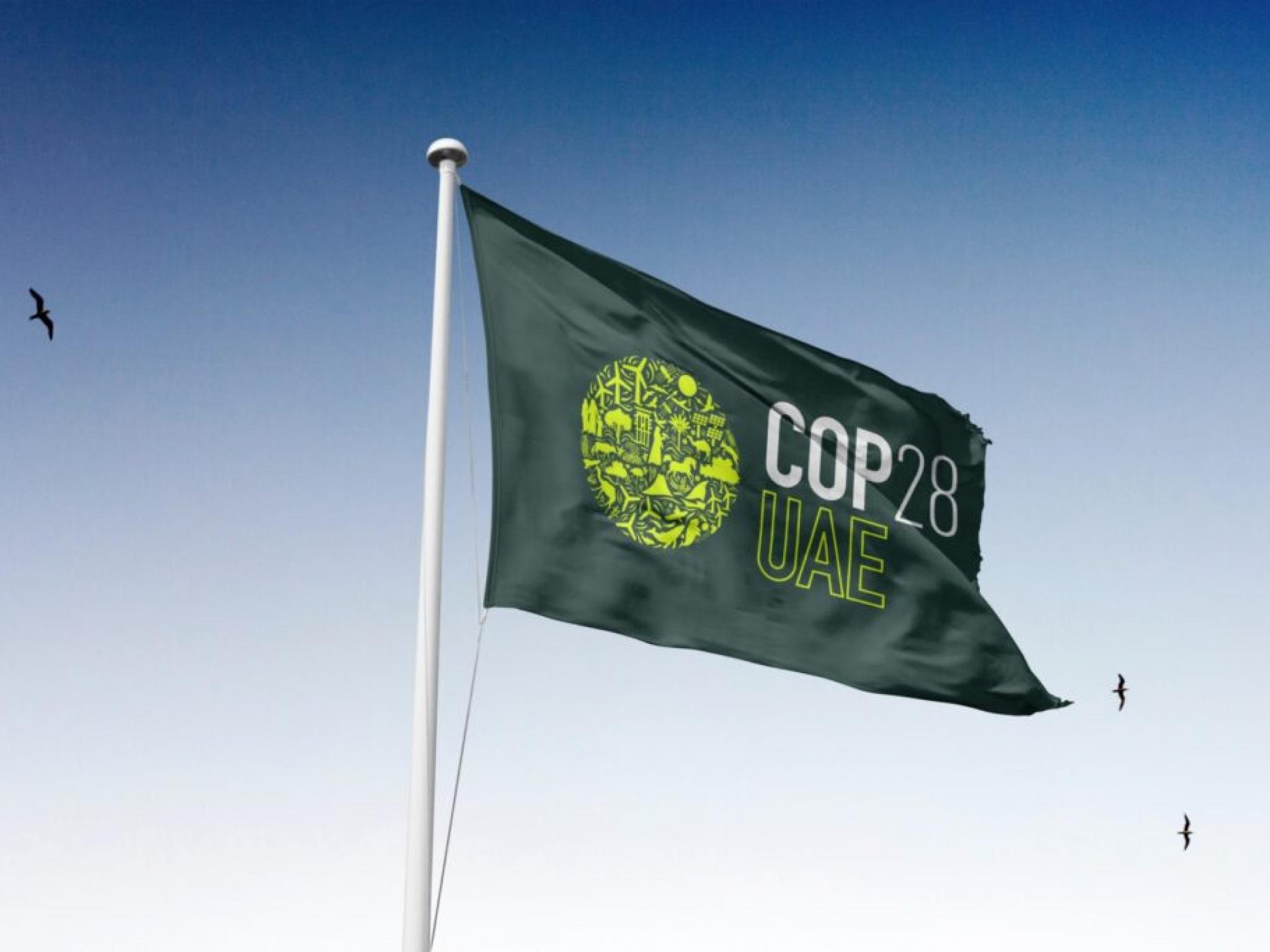
The COP29 climate summit in Baku, Azerbaijan, concluded yesterday with an agreement to provide $300 billion annually to developing nations by 2035, helping to mitigate and adapt to the impacts of climate change. While hailed as progress to the previous $100 billion commitment, the sum fell short of the $1.3 trillion initially identified as necessary to address the crisis.
“Without more substantial financing, many vulnerable countries will remain underprepared for escalating climate challenges,” said Ani Dasgupta, CEO of the World Resources Institute.
The agreement has drawn mixed reactions. Per BBC, India criticized the deal as a "paltry sum," while Nigeria labeled it a "joke." Delegates from the Marshall Islands expressed disappointment, describing the funding as woefully inadequate, yet acknowledged it as a starting point.
Meanwhile, wildlife conservation organization WWF expressed concern, calling the deal far below the ambition needed.
"The world has been let down by this weak climate finance deal. This is a serious blow to climate action, but it must not stall the solutions that are desperately needed around the world," said WWF Global Climate and Energy Lead and COP20 President Manuel Pulgar-Vidal.
The world remains on track for a temperature rise of 3.1°C by the century’s end. That’s far above the Paris Agreement’s goal of limiting warming to 1.5°C, according to recent UN reports.
Under the 1992 UN Framework Convention on Climate Change, 23 developed nations and the European Union must contribute to climate finance. The agreement also encourages private investment and contributions from institutions like the World Bank to meet the funding targets. The funds will support adaptation efforts. That includes building flood-resistant infrastructure and sustainable agriculture and facilitating a transition to renewable energy in developing nations.
Additionally, the summit finalized rules for a global carbon market. This system will allow companies to offset emissions by purchasing credits linked to reforestation and renewable energy initiatives. These efforts aim to accelerate the implementation of Nationally Determined Contributions (NDCs), with countries required to update their climate action plans by February 2025.
President Joe Biden called the agreement "an essential step toward mobilizing funds to combat the climate crisis" while acknowledging the work ahead. However, President-elect Donald Trump's return raises doubt over the future of U.S. involvement, particularly given his previous withdrawal from the Paris Agreement.
The Brazilian city of Belém will host the next summit, COP30, in November 2025. Brazilian officials have promised a high-stakes event they call the "COP of COPs," focusing on limiting global warming to 1.5°C.
iShares Global Clean Energy ETF (NASDAQ:ICLN) rose following the news. At 12:45 pm EST, it was trading 1.83% higher at $12.34.
Read Next:
Image: Shutterstock







